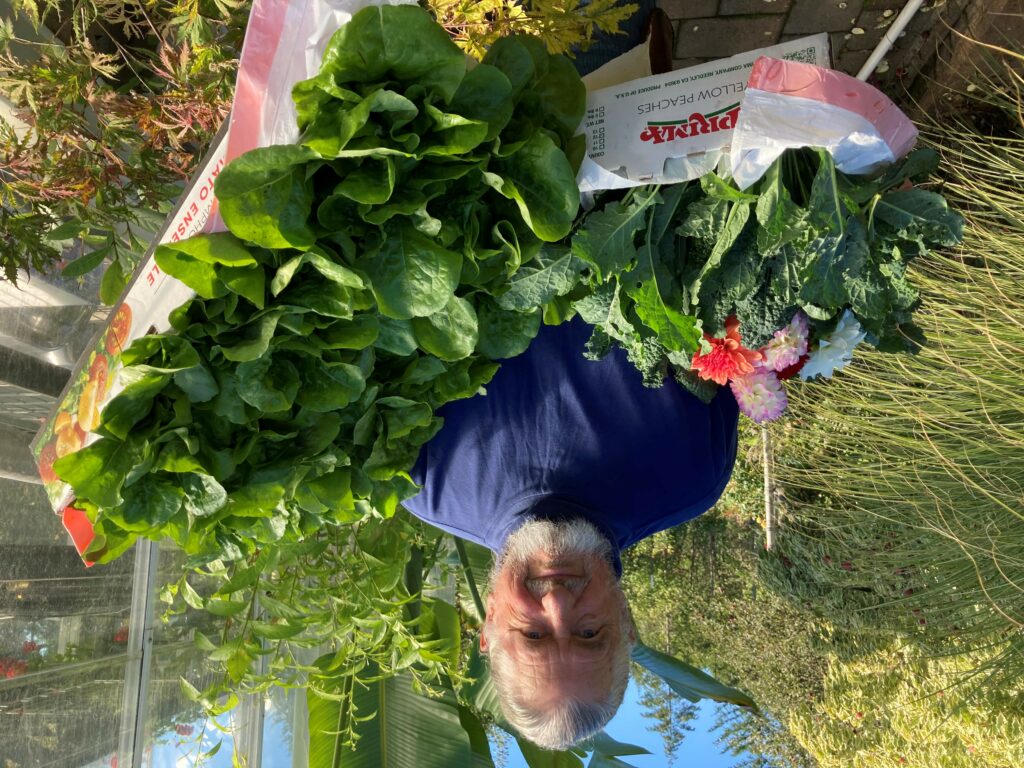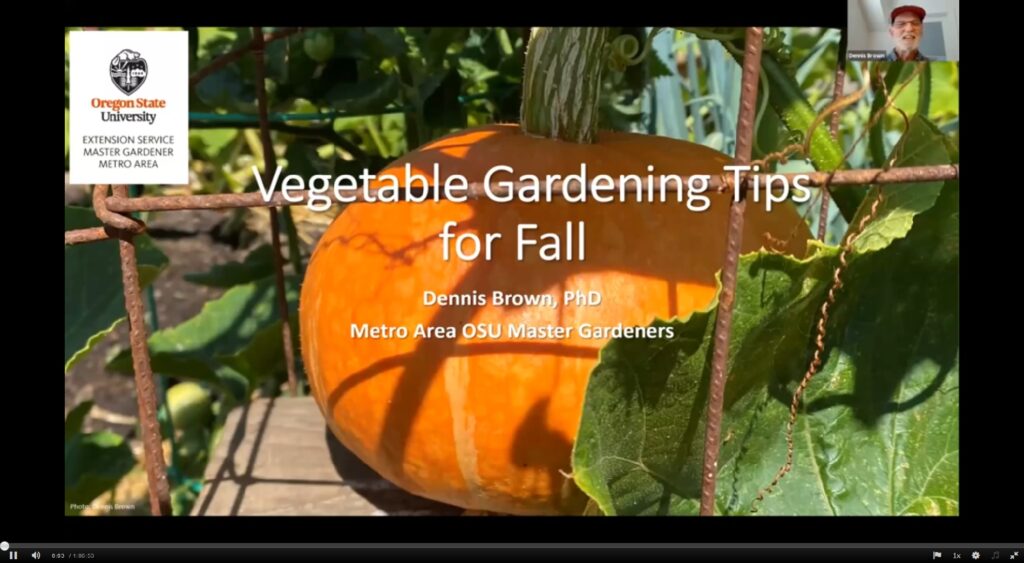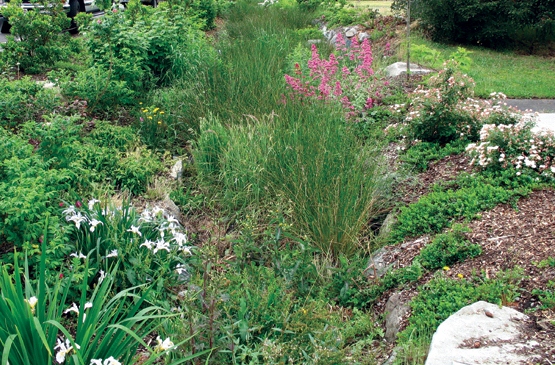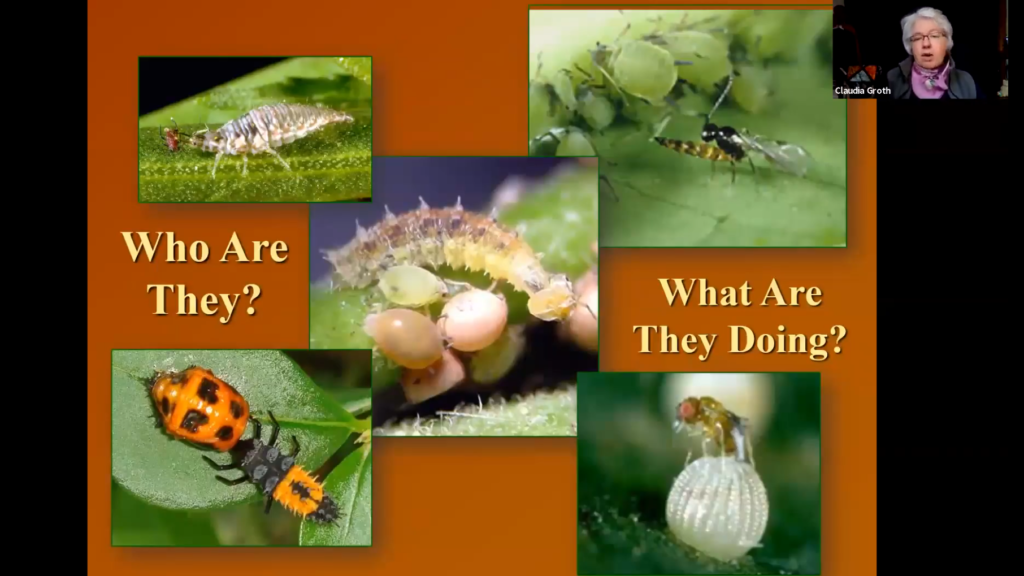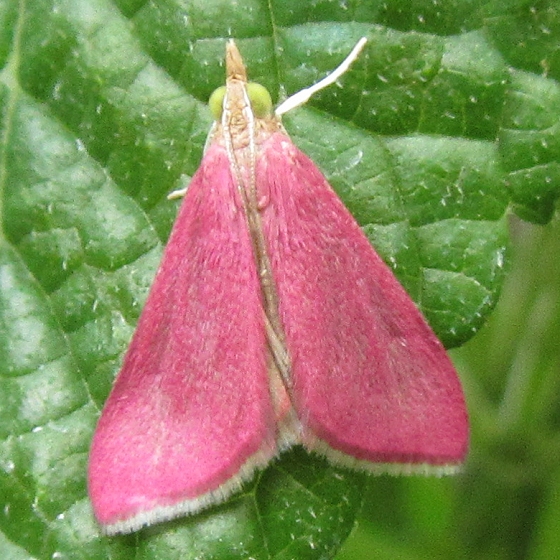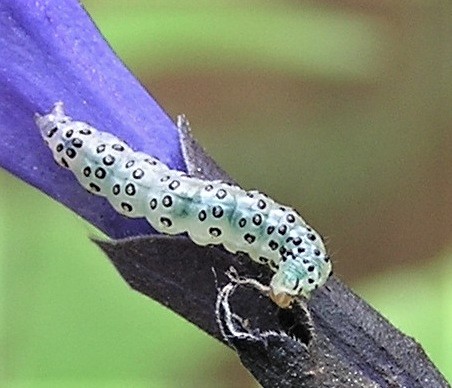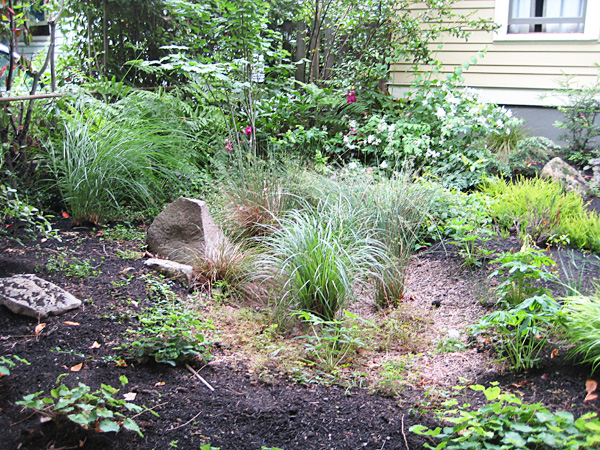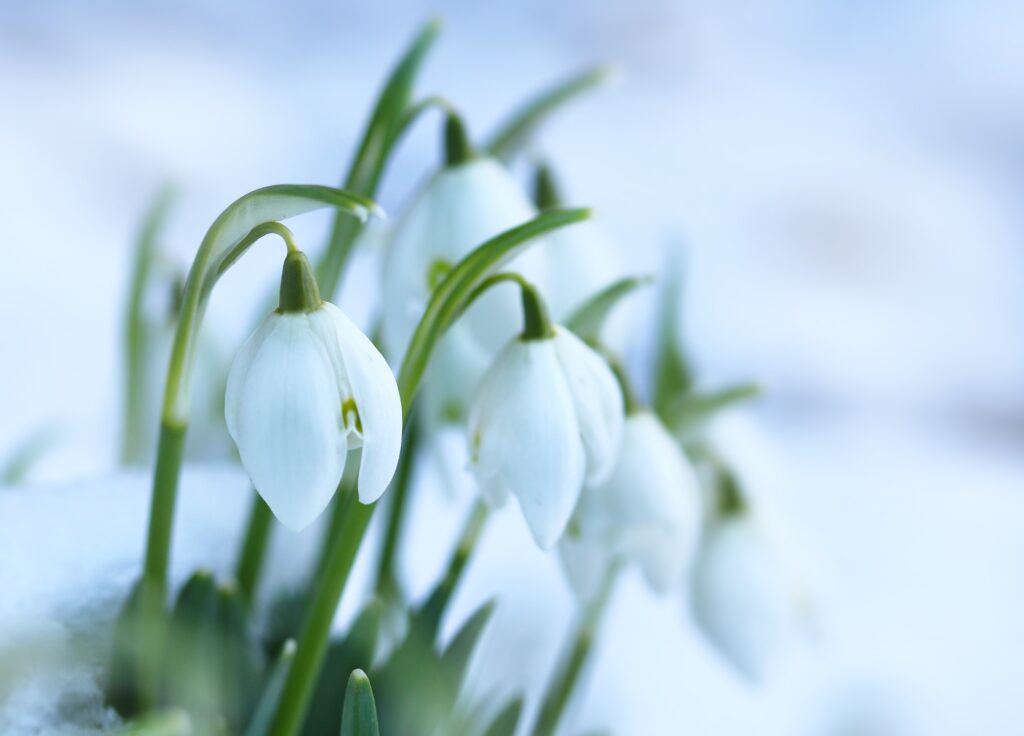
Every gardener knows under the cloak of winter lies a miracle – a seed waiting to sprout, a bulb opening to light, a bud straining to unfurl. And the anticipation nurtures our dream.
Barbara Winkler
Learning and growing in the new year…
As we start the new year with much hope and anticipation, we are excited to share the upcoming OSU Extension Service Master Gardener Program offerings for 2021.
Elevate

Current OSU Master Gardeners (including the class of 2020) have the opportunity to be inspired with the ‘Elevated Skills’ training, taught by OSU Extension staff. A wide-range of topics aim to enrich and support Master Gardeners. ‘Garden plant ID with the OSU Landscape Plant Database’, ‘Superpower Your Education Garden’, ‘Community Science and the Master Gardener Program’ are just a few of of the many offerings to inspire and elevate Master Gardeners as community educators. Registration details to come.
Level Up
OSU Master Gardeners and the gardening public can get ready to ‘Level Up’ in a new series for experienced gardeners, with presentations by OSU horticulture experts. Take your gardening knowledge to a new level with timely topics from gardening in a changing climate to techniques to extend your season.
This monthly webinar series kicks off Tuesday, January 12, 3pm, focusing on ‘Understanding Seed Characteristics’. Register in advance and level up!
The Culture of Gardening
Come spring, Master Gardeners can participate in ‘The Culture of Gardening’. Explore what gardening means to different people and groups, and how to grow and use plants from a variety of cultures. This new series of blog posts and talks will debut in late spring 2021, with a keynote address by horticulturist Abra Lee on the history of African American gardens and gardeners. The series kicks off on May 18th. Details to come.
Get ready, to get growing!
Invitation to Dr. Martin Luther King Jr. Day Celebration
What does the legacy of Dr. Martin Luther King, Jr. mean to you? As a Master Gardener? As a gardener? How can we honor his teachings in our own work?

Join us for a moderated online Zoom discussion January 18th, 7pm. See registration link below.
As part of the University-wide 39th Annual Dr. Martin Luther King, Jr. Celebration, OSU Extension Master Gardener volunteers and staff are invited ahead of time to read, view and reflect upon materials and prompts of inclusion and identity as gardeners and Master Gardeners. These include:
• Listen to and reflect upon the YouTube interview of Abra Lee, by Annie Guilfoyle and Noel Kingsbury of Garden Masterclass. View here.
• Read and reflect upon the article posted on the Oregon Humanities Website about farming as a form of homecoming for the African American community in Portland. Read here.
• Watch the presentation: Steady & Focused: Efforts to Promote Racial Justice in Oregon’s Master Gardener Program. This talk was given earlier this year at Cornell University’s Ag In-Service Day and at the National Extension Master Gardener Conference by OSU Extension Master Gardener leadership Gail Langelotto and LeAnn Locher. Watch here.
• Use Google Image Search to search for the terms, below. What do you notice about the images that are returned with these search terms? What does it say about who is or can be a gardener or Master Gardener?
• Gardener
• Master Gardener
Attend the keynote address for OSU’s 39th Annual Martin Luther King Jr. Celebration, delivered by Dr. Angela Davis, January 18, 9:30am to 10:30am. The event is free and open to the public. Register here.
Register here for the moderated January 18th, 7pm, online Zoom discussion, with fellow OSU Master Gardeners and staff.
Our January and February Garden Checklist
No need to be idle in winter. Our garden checklist guides you through forcing some early blooms, winter pruning, covering sensitive plants and planning your spring vegetable garden.



